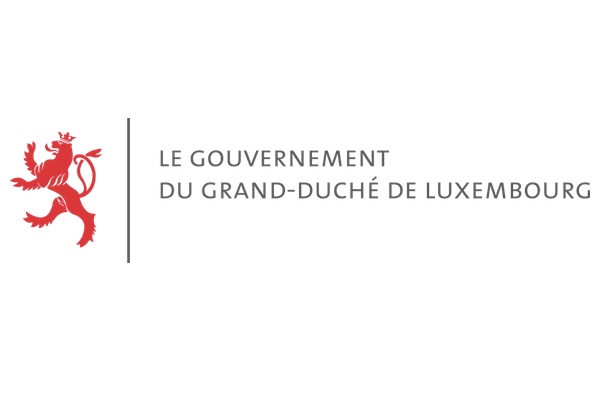
Luxembourg’s Ministry of Education, Children and Youth has announced that elections of parent representatives will take place from autumn 2025 to February 2026 at the local, sectoral and national levels.
These elections will allow parents across the country to share their views, contribute their experiences and take part in decisions concerning both their children’s schools and the wider education system.
According to the Ministry, parent representatives are first elected locally in each school from October. All parents of children attending a fundamental school, secondary school or competence centre may stand as candidates. Becoming a local representative allows parents to take part in decisions affecting their child’s daily school life and to “act as both a voice for other parents and a partner in school organisation.” Representatives may also assist with the coordination of social and cultural activities within the school community.
Once elected at the level of a fundamental school, secondary school or competence centre, local representatives may in turn be elected to the sectoral level. Two sectoral representatives will be elected by each regional directorate of fundamental education, each secondary school and each competence centre. These elections are scheduled to take place at the beginning of 2026. The Ministry explained that sectoral representatives act as intermediaries between local and national representatives and are also responsible for electing twelve members to the national level.
The national election will follow in February 2026. The national representation will consist of four representatives for parents of pupils in fundamental education, six for parents of pupils in secondary education and two for parents of pupils with special needs enrolled in competence centres. Members will serve a three-year term.
The Ministry described national parent representatives as “key interlocutors of the Ministry, the government and education experts,” providing opinions on matters that affect pupils’ and parents’ interests, as well as on draft legislation and educational projects. Members of the national representation are entitled to eight days of leave for their duties.








